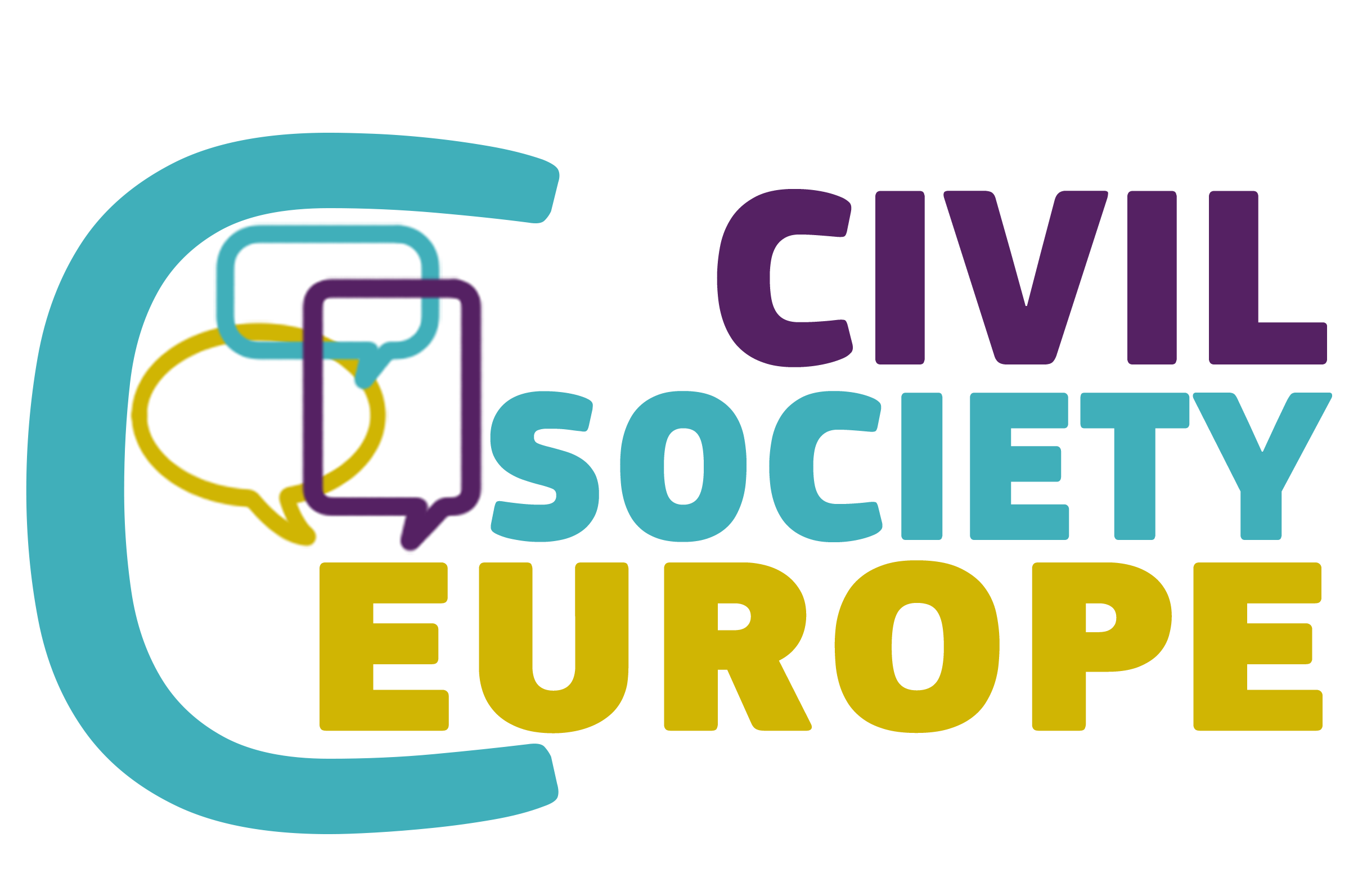Civil Society Europe together with the European Center for Non Profit Law, Fundația pentru Dezvoltarea Societății Civile (FDSC), Stefan Batory Foundation and Solidarna wrote to the German Presidency of the EU and the European Commission as follow up of our previous letter from 17 July on issues regarding the nomination process of EESC members representing civil society organisations in the European Economic and Social Committee.
We welcome discussions that have occurred at national and European level as a result of our letter and contributions by national civil society organisations. However, we regret that most of the serious concerns regarding in particular procedures for the nominations of representatives of civil society organisations in Poland, the Czech Republic and Croatia have not been addressed. In addition, to this date three members falling to Group III are missing and one of them has still not even been proposed by the Czech government. We are also concerned that the Polish Government has proposed a member within Group I for which an OLAF and Belgian authorities investigation are ongoing, leading to a decision of the European Parliament not to grant the discharge to the European Economic and Social Committee for the budget 2018. This jeopardises the representativity of the EESC as defined in Article 300 of the consolidated EU Treaties.
We also regret that the process of the examination of the candidatures has not been made public, as is the established practice for more sensitive and political nominations at EU level. This has raised additional concerns among the public about the transparency and the accountability of the process, which is not in accordance with the EU standards and values.
As already announced, in cooperation with a number of European and national civil society organisations, we are conducting a review of the nomination processes in all Member States to identify main issues and good practices. We believe that our work will support a review of the current rules as referred in Article 300 (5) and establishing standards in order to define benchmarks for the nomination of Member States representatives to the EESC that will fully respect democratic procedures, transparency and accountability by guaranteeing the autonomy of all interest groups in the nomination process. We are looking forward to engaging with you and your services to present the findings of our research as well as our recommendations.
Please find the letter here.


